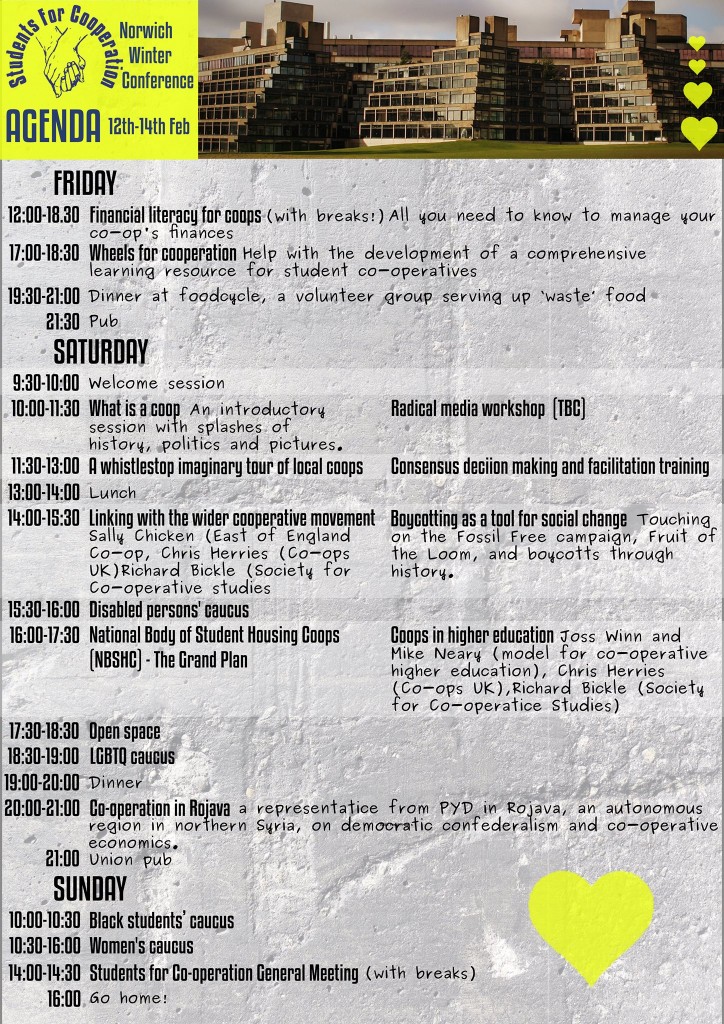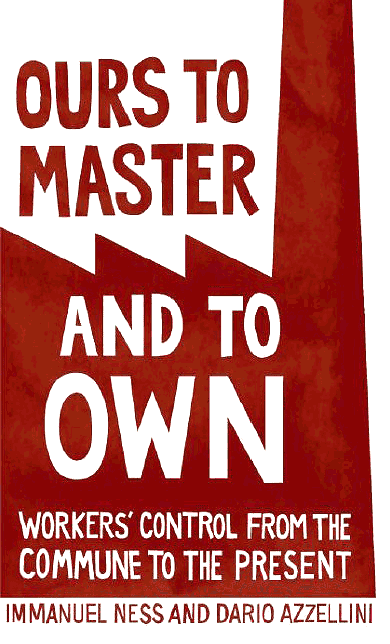Mike Neary and I have been awarded funding by the Leadership Foundation for Higher Education to focus on ‘co-operative leadership’ in the higher education context. Below is the introductory section of our research proposal. You can read the rest on Mike’s blog. Here’s a link to the project blog.
The aim of this research is to explore the possibility of establishing co-operative leadership as a viable organisational form of governance and management for Higher Education. Co-operative leadership is already well established in business enterprises in the UK and around the world (Ridley-Duff and Bull 2016), and has recently been adopted as the organising principle by over 800 schools in the United Kingdom (Wilson 2014). The co-operative movement is a global phenomenon with one billion members, supported by national and international organisations working to establish co-operative enterprises and the promotion of cooperative education. The research is financed by the Leadership Foundation for Higher Education’s small development projects fund.
Higher education in the UK is characterised by a mode of governance based on Vice-Chancellors operating as Chief Executives supported by Senior Management teams. Recent research from the Leadership Foundation for Higher Education on Neo-collegiality in the managerial university (Bacon 2014) shows that hierarchical models of governance alienate and de-motivate staff, failing to take advantage of research-based problem solving skills of staff operating at all levels, not accounting for the advantages to organisations when self-managed professionals interact with peers on matters of common purpose, particularly in knowledge-based industries.
The co-operative leadership model for higher education supports the ambition for more active engagement in decision-making to facilitate the best use of academics’ professional capacities, but framed around a more radical model for leadership, governance and management. Members of the co-operative university would not only be involved directly in decision-making and peer-based processes that make best use of their collective skills, but have equal voting rights as well as collective ownership of the assets and liabilities of the co-operative (Cook 2013). This more radical model builds on work done recently as part of a project funded by the Independent Social Research Foundation (ISRF) to establish some general parameters around which a framework for co-operative higher education could be established (Neary and Winn 2015). One of the key issues emerging from this research is the significance of co-operative leadership – the focus of this research project.


